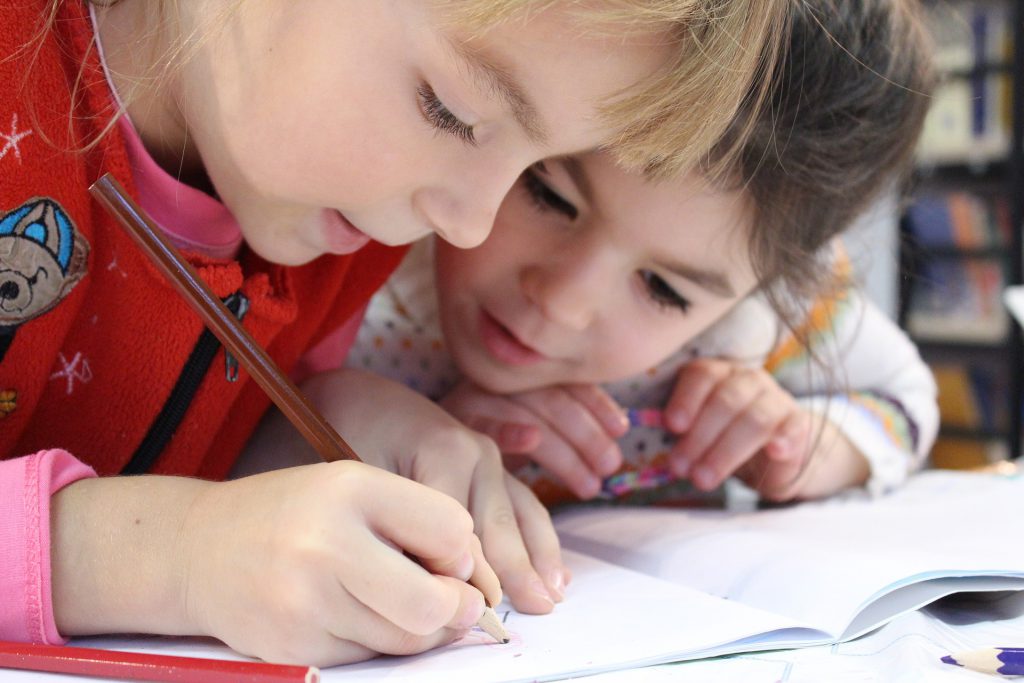In today’s world it seems more important than ever to focus on raising compassionate children. One of the easiest ways to do this is to consistently practice compassion by making it a part of your family’s day-to-day life.

Promote kindness. Teach your children to be kind to others and lead by example. Kids often like to help and parents can nurture that by being good role models and finding opportunities for children to perform small acts of kindness. Whether encouraging your child to befriend a new classmate or having them help you bake cookies for a neighbor, these activities demonstrate ways to think of others. They can also practice kindness at home by sharing toys with siblings and doing small chores.
Provide structure and enforce rules. Without setting limits, your child could tend to be more self-centered. Make sure your child understands unacceptable behavior and that there is another person at the end of a relationship who has feelings. They can also start to learn about consequences of certain actions through a brief time-out or losing screen time for a day. Work with your child to learn good manners and practice using them daily. This helps build their character and good relationships. Compliment them when they are being polite or using good behavior.
Help your child understand their emotions. Teach your child about feelings and emotions by talking about different situations and asking them how they felt. For example, ask them “How did you feel when Bobby took the truck you were playing with?” or “When Madison fell on the playground, how do you think she felt?” This helps them express their emotions and think about the feelings of others.
Volunteer together. Learning to give back to the community is important and volunteering can be a fun activity for your family. Donating toys and books to a local charity, participating in neighborhood cleanup efforts and shopping for non-perishable food items for a food pantry are a few ways to get your kids involved in the community.
Express gratitude. Studies show that people who regularly express gratitude are more likely to be happy, generous and compassionate. Start cultivating this with young children by having each family member share at dinner or bedtime what they are grateful for from the day. Ask your children ways they saw kindness being displayed or how they displayed kindness. It will become something your kids will look forward to and they’ll start being on the lookout for moments of kindness or gratitude to share. As an added bonus it will also give you more insight into their day.